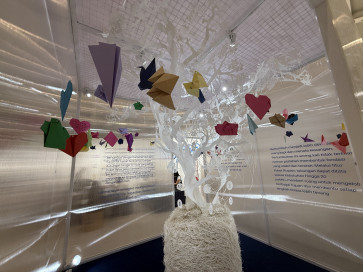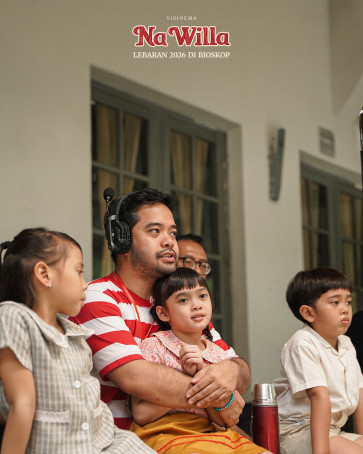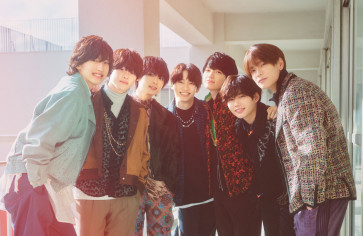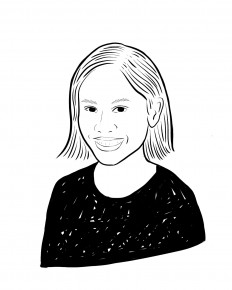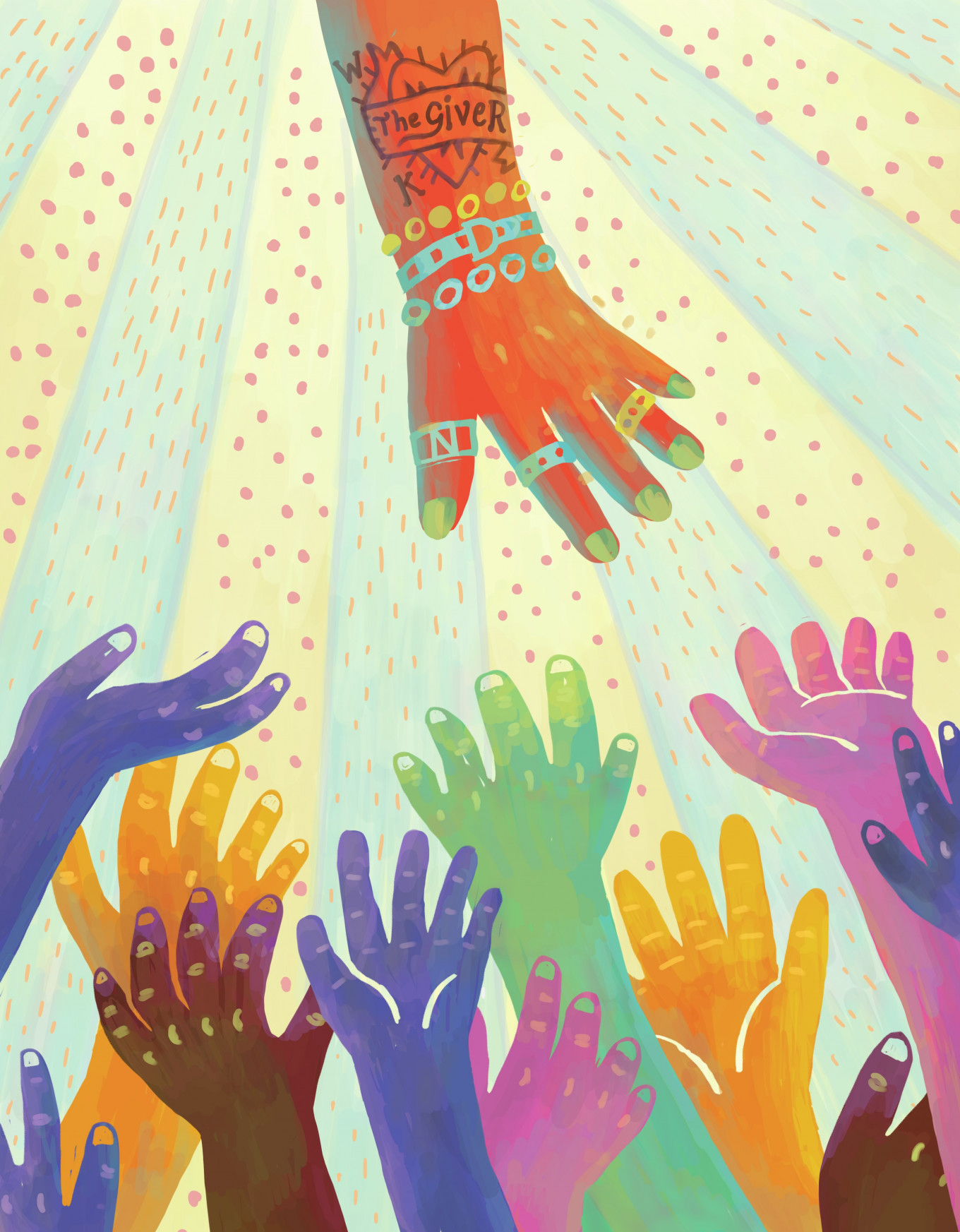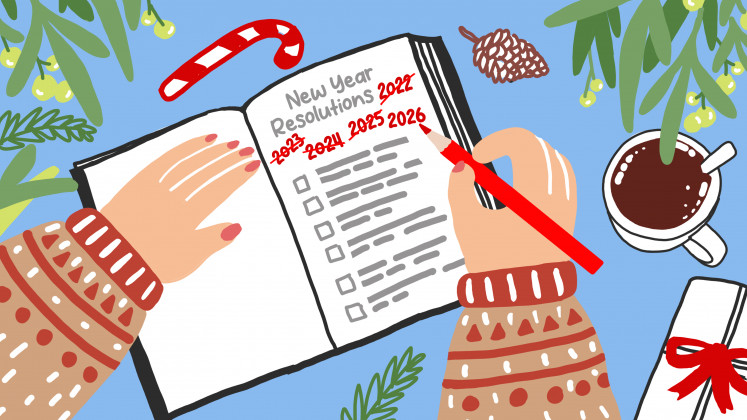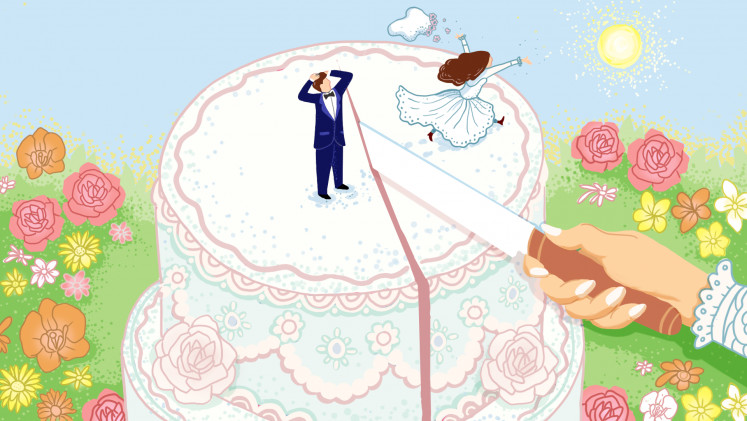“Indonesians are some of the nicest people I have ever met.” This is a statement you will hear over and over again from foreigners who have fallen in love with this country.
“It’s the people,” they say, referring to the big smiles, the politeness and even the ability to speak English which all indicate an attitude that is genuinely open to others.
That same spirit is reflected in our charitable habits, evidenced by how the Charities Aid Foundation’s World Giving Index report has named Indonesia the most generous country in the world for seven consecutive years in a row now. Around 90% of Indonesians donated money to charity and 65 percent volunteered their time, according to the 2024 report.
If you ask Indonesians about this unique achievement, most would nod and point to gotong royong, or the spirit of cooperation we have embraced as a nation, or our strong religious beliefs, as reasons for why we donate our money, time and efforts.
But how deeply ingrained is this attitude of generosity in our lives? How does this spirit of unselfishness reconcile with a culture of everyday corruption in a country with high levels of poverty? Or is our generosity merely an act of politeness, or worse, just for show?
For Vikra Ijas, the co-founder and CEO of crowdfunding platform KitaBisa, gotong royong is a longstanding spirit and generosity is “natural to us”.

Thank you!
For signing up to our newsletter.
Please check your email for your newsletter subscription.
“But we may have taken it for granted,” he admits.
Consequently, our world-class generosity has not been channelled to areas where society could benefit from it the most, or to where it could perhaps make more of a lasting impact.
A genuine question
To illustrate how ingrained the culture of giving is to Indonesians, Vikra points to a growing behavioral trend that he says is “possibly unique to Indonesia”.
“It’s something we termed 'regular microgiving'. This is when people donate in the range of Rp 1,000 [6US cents] - 5,000 but do so regularly, every single day,” Vikra says.
This small amount of commitment suits the financial capacity of givers, who may be earning weekly wages. It shows how important the act of giving or donating, no matter how small, is to many Indonesians, regardless of capacity.
Generosity generally stems from an abundance mindset or a belief that we have enough. The key words here are “mindset” and “belief”, because it has little to do with our financial or material reality. Even if you face financial limitations, it doesn’t stop you from helping others because you believe there are enough resources for everyone.
In this sense, Indonesians across various socioeconomic levels appear to be genuinely generous. But there may be differences when it comes to geographic location, with generosity tending to be greater in rural areas than in big cities.
“If you’re a stranger visiting rural areas, people aren’t scared to welcome you into their homes with coffee and snacks,” says Syafiudin Vifick, a photographer and traveller.
The situation is different in bigger cities, especially Jakarta, where kindness is more measured and calculated.
“If you’re being too kind, people might be suspicious,” he points out.
Perhaps there’s a perception of scarcity in big cities, that we don’t have enough time or money, which leads to a hesitation to help others.
Our intuition to be generous could also be a survival mechanism, as smaller communities function on trust, a rather common Eastern mindset, where the community takes greater importance over the individual.
“Perhaps there’s also hope that if something similar happens to us, our community will be quick to do the same for us,” says Vikra.
An untapped strength
Despite our generosity, “many people don't realize that we are generous,” says Martin Hardiono, a volunteer enthusiast.
Consequently, we don’t think through how we can best channel this generosity. This means there can be an overflow of generosity in the wrong places, and not enough in others.
"When we channel our generosity in an unintentional, non-strategic way, it can land in the hands of people who end up taking advantage of us." - Vikra Ijas
This is a scenario that is all too familiar to Martin, who has volunteered at disaster relief posts for more than two decades, handling victims in Aceh, Palu and Yogyakarta in the wake of major earthquakes.
“There are way too many donated clothes that it feels like people just use these chances to clear out their closets. It adds unnecessary tasks to volunteers who have to sort them,” he says.
“If you want to donate, think sarongs, blankets and towels.”
On the other end of the spectrum are environmental causes, where generous help is always needed but lacking.
“It’s not hard to get volunteers at large disaster events, perhaps because it makes people feel like a hero,” Martin says, “but it's difficult to get volunteers for smaller events, like cleaning the river.”
Catur Yudha Hariani, who has headed the Education Center for the Environment in Bali for more than two decades, can’t agree more. There is a sense that caring for the environment isn’t the public’s responsibility.
“They think that there’s someone else getting paid to do it,” she says.
Catur struggled for years to attract volunteers for regular city clean-ups. To entice people, “sometimes we would offer eggs to anyone who brought trash that they collected. Other times we eat rujak afterwards.”
Every time these smaller-scale clean-ups were held, “we felt like people were just watching us,” says Catur, who has now decided to work with local governments rather than relying on volunteers.
Is our generosity selective, or is it only offered when it's convenient for us?
And let’s not gloss over the paradox of being the most generous country, while at the same time having corruption, essentially stealing from your fellow Indonesians, also deeply embedded in our culture.
“Certainly if you go to smaller cities, I believe that gotong royong is real,” says Syafiudin.
“But once they enter a political system, gotong royong suddenly translates into ‘uang terima kasih’ [thank you money].”
Is gotong royong then merely an act we do out of cultural habit instead of genuine care?
At the same time, corruption often discourages people from donating because their generosity may be misused.
“When we channel our generosity in an unintentional, non-strategic way, it can land in the hands of people who end up taking advantage of us,” says Vikra.
Rethinking gotong royong
Whichever way we want to define what Indonesian generosity means, there seems to have been a degradation of our humanitarian values in the last few years.
“There’s a growing mindset that money alone can solve problems,” says Catur.
When Martin was growing up, things were different, he says. Extra-curricular activities at school exposed children to a variety of social and environmental causes. These activities not only equipped students with survival skills but also fostered empathy toward others.
“When I was in elementary school, I was active as a boy scout. Then in university, I joined the University of Indonesia’s Student Association for Environmental and Adventure Activity,” he says.
“We were used to meeting new people in villages, eating with them, listening to their stories. That’s how the humanitarian values you learn in school become more real.”
These early exposures can shape a long-lasting outlook on what matters in life, which means to better channel our instincts for generosity, these outlooks should be nurtured from an early age.
“I know many people who volunteered to clean up the neighborhood during their elementary school years have become adults who care deeply about the environment,” says Catur.
Charity and donation activities could also be more organized. Religion often provides ways to institutionalize such activities, though this remains underdeveloped.
“Waqf, or endowment, is a greatly underleveraged charity method that we believe can create strategic, sustainable impact in areas such as inequality, economic growth and conservation. However, its practice and adoption is still relatively low which is mainly due to the lack of awareness and education,” says Vikra.
So are Indonesians truly generous? Certainly.
But has the society as a whole truly benefited from our generosity? Perhaps not yet.
Our generosity is constantly being challenged, its face transformed by problems unique to the modern era, making our generosity a little fickle.
Generosity needs constant nurturing; it needs a systemic foundation to transform our small actions into greater impact. And perhaps that will involve a rethinking of our gotong royong mindset in the modern context, so that when this spirit is truly cultivated, it can turn into something transformative for everyone.
Michelle Anindya is a writer and journalist. From her home in Bali, she writes about anything from coffee to tech.




